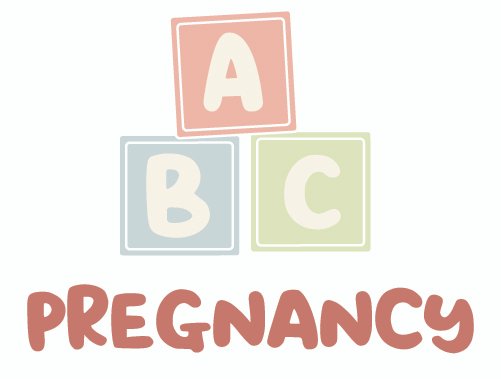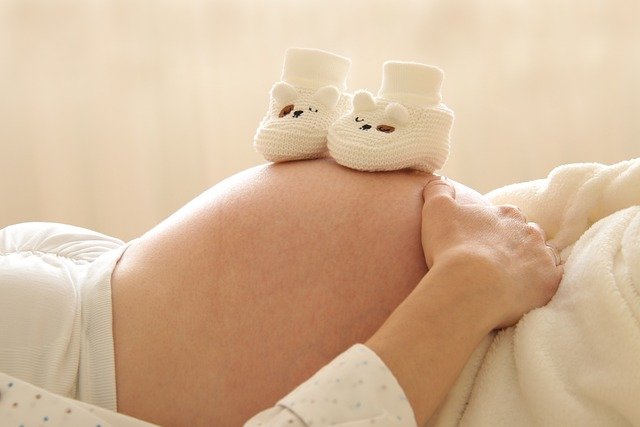Pregnancy Tips for Women Living the Farm Life
This is not medical advice. Please consult a physician about any of your pregnancy questions and concerns.
For women living the farm life, pregnancy takes on a unique dimension. Living on a farm is both wonderful and at times, back breaking. Embracing motherhood amidst the backdrop of farm chores, animals, and fields requires careful consideration and adaptation. It’ time to remember to take care of yourself and the baby. Let’s look at some tips for that:
- Prioritize Self-Care: Farm life can be demanding, with long hours and physically strenuous tasks. During pregnancy, it’s crucial to prioritize self-care to ensure both the mother’s and baby’s well-being. This includes adequate rest, hydration, and nutrition. Take breaks when needed, delegate tasks to others, and listen to your body’s signals. Remember, nurturing yourself is essential for nurturing your growing baby.
- Modify Farm Chores: Many farm chores involve heavy lifting, bending, and prolonged periods of standing, which may not be suitable for pregnant women, especially as the pregnancy progresses. Modify tasks to minimize physical strain, such as using lighter equipment, taking frequent breaks, and avoiding activities that require heavy lifting or strenuous exertion. Consider enlisting the help of family members, friends, or hired assistance to share the workload.
- Practice Proper Body Mechanics: When engaging in farm work during pregnancy, practice proper body mechanics to reduce the risk of injury and strain. Bend at the knees when lifting objects, rather than bending at the waist, and use proper lifting techniques to avoid putting undue stress on your back. Avoid sudden movements or overreaching, and be mindful of your posture to maintain alignment and support for your growing belly.
- Stay Hydrated and Cool: Working outdoors on the farm, especially during hot weather, can increase the risk of dehydration and overheating, which can be particularly concerning during pregnancy. Stay hydrated by drinking plenty of water throughout the day, and take frequent breaks in shaded or air-conditioned areas to prevent overheating. Wear loose, breathable clothing, and consider scheduling outdoor tasks during the cooler parts of the day to minimize exposure to extreme temperatures.
- Be Mindful of Chemical Exposure: Pregnant women should exercise caution when working with or around chemicals commonly used in farming, such as pesticides, herbicides, and fertilizers. Minimize exposure by wearing protective clothing, gloves, and masks when handling chemicals, and avoid direct contact whenever possible. Consider using organic or natural alternatives to conventional chemical inputs to reduce the risk of exposure to harmful substances.
- Maintain Good Hygiene: Good hygiene practices are essential for preventing illness and infection during pregnancy, especially when working in a farm environment where exposure to dirt, animal waste, and other contaminants is common. Wash your hands frequently with soap and water, especially before eating or preparing food, and after handling animals or working in the soil. Keep cuts and wounds clean and covered to prevent infection, and avoid contact with potentially harmful substances.
- Listen to Your Body: Pregnancy is a time of heightened awareness of your body’s signals and needs. Pay attention to how you’re feeling physically and emotionally, and don’t hesitate to seek help or take a break if you’re experiencing discomfort or fatigue. Trust your instincts and prioritize your well-being and that of your baby above all else.
- Plan for Medical Care: Access to medical care and support services may be limited in rural areas, so it’s essential to plan ahead for prenatal care and childbirth. Schedule regular prenatal check-ups with a qualified healthcare provider, and discuss any specific concerns or considerations related to your farm lifestyle. Consider developing a birth plan that outlines your preferences and wishes for labor and delivery, and explore options for childbirth education classes or support groups in your community.
- Create a Support Network: Navigating pregnancy and farm life can be challenging, but you don’t have to do it alone. Cultivate a support network of family, friends, neighbors, and fellow farmers who can offer assistance, advice, and encouragement along the way. Don’t hesitate to reach out for help when needed, whether it’s with farm chores, childcare, or emotional support.
- Ask for help: If you are a mother-to-be on a farm, you have likely become accustom to doing things yourself, when you know something needs done. That is a great strategy for life, but not so much for pregnancy. You absolutely can’t do it all, right now. Try to remember that, as it isn’t an easy behavior to overcome when you are used to doing what needs done.
Conclusion: Pregnancy and farm life are two choices that, when combined, create a new set of experiences, challenges, and joys. By prioritizing self-care, modifying farm chores, practicing proper safety precautions, and cultivating a strong family and friends network, women embracing farm life can navigate pregnancy with confidence and grace. With careful planning, mindfulness, and a deep connection to the land, they can create a nurturing environment for themselves and their growing families, ensuring a bright and sustainable future for generations to come.



